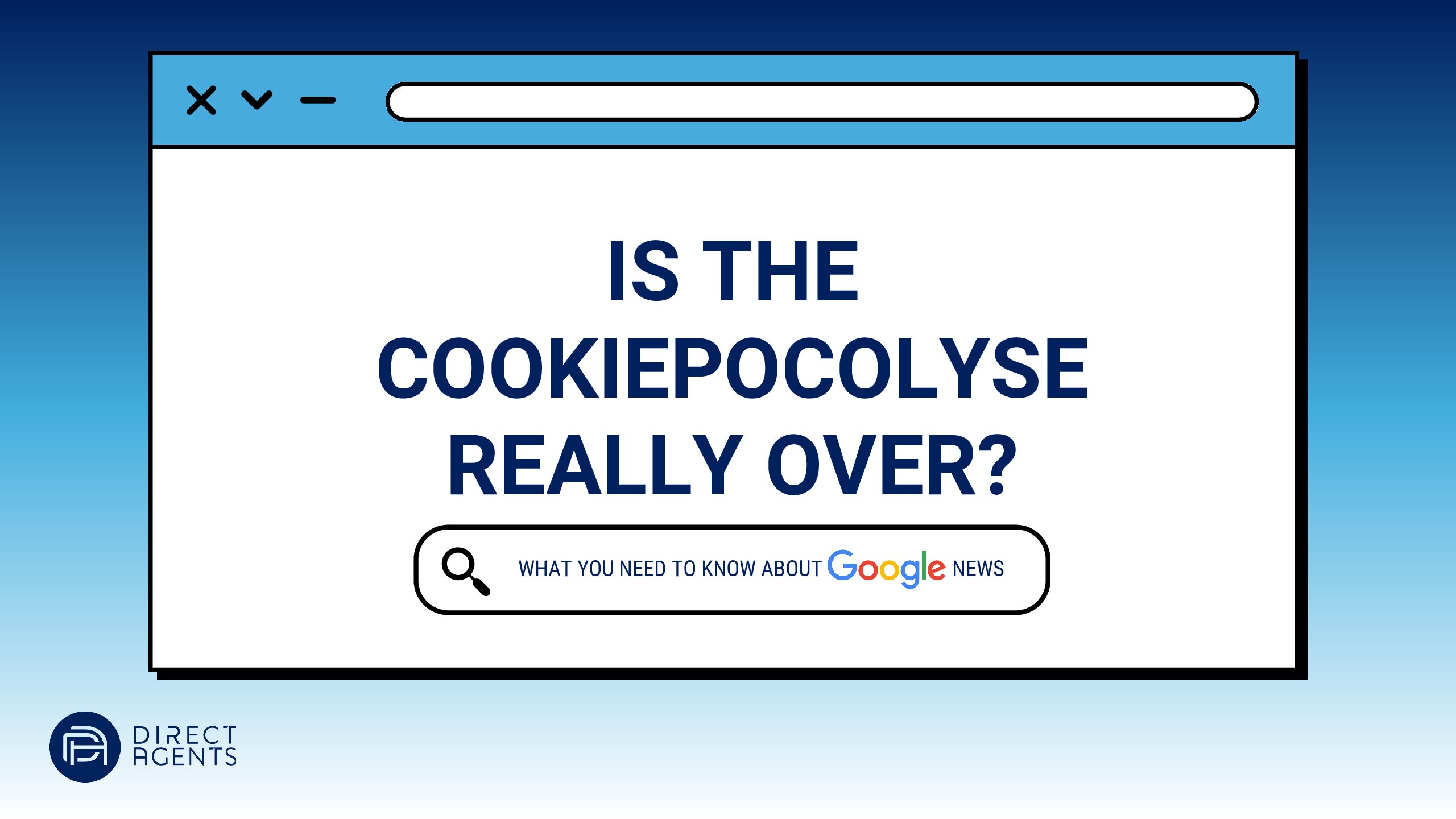In a blog post yesterday, Google rocked the ad tech world after announcing that they no longer plan to deprecate third-party cookies in its Chrome browser.
Below is an excerpt by Anthony Chavez, Vice President of Privacy Sandbox at Google. This part is extremely important as it paints a picture of what the future holds.
“Early testing from ad tech companies, including Google, has indicated that the Privacy Sandbox APIs have the potential to achieve these outcomes. And we expect that overall performance using Privacy Sandbox APIs will improve over time as industry adoption increases. At the same time, we recognize this transition requires significant work by many participants and will have an impact on publishers, advertisers, and everyone involved in online advertising … In light of this, we are proposing an updated approach that elevates user choice. Instead of deprecating third-party cookies, we would introduce a new experience in Chrome that lets people make an informed choice that applies across their web browsing, and they’d be able to adjust that choice at any time. We’re discussing this new path with regulators, and will engage with the industry as we roll this out … As this moves forward, it remains important for developers to have privacy-preserving alternatives. We’ll continue to make the Privacy Sandbox APIs available and invest in them to further improve privacy and utility. We also intend to offer additional privacy controls, so we plan to introduce IP Protection into Chrome’s Incognito mode.”
While, upon initially hearing this news, many brands and marketers might be frustrated, especially considering these past few years of testing, POVs, and conferences to prepare for this major change. We must continue to pave forward.
Consumers have never been more aware of their data and privacy online. Because of this, there is no turning back as an industry. While reading Google’s recent announcement, it may appear like they are rolling back the Cookiepocolypse. To me, this approach sounds very much like Apple’s App Tracking Transparency (ATT) Privacy framework, but for the web.
Instead of killing third-party cookies altogether and dealing with regulatory scrutiny, Google is putting the power in the hands of the consumers shifting to a user consent model. If ATT can be used as a benchmark, the majority (~85%) of users will not opt-in, which will significantly devalue the third-party cookie.
While very little is known at this time about Google’s implementation of a cookie consent prompt in Chrome, it’s important that advertisers don’t get frustrated and throw out all the work that they’ve done over the past few years. Instead, advertisers should keep moving forward, focusing on future-proof strategies that will keep overall performance strong. Developing sophisticated first-party data aggregation, analysis, and activation capabilities remains the goal for the immediate future.
Corey Levine, VP of Integrated Media, Direct Agents


